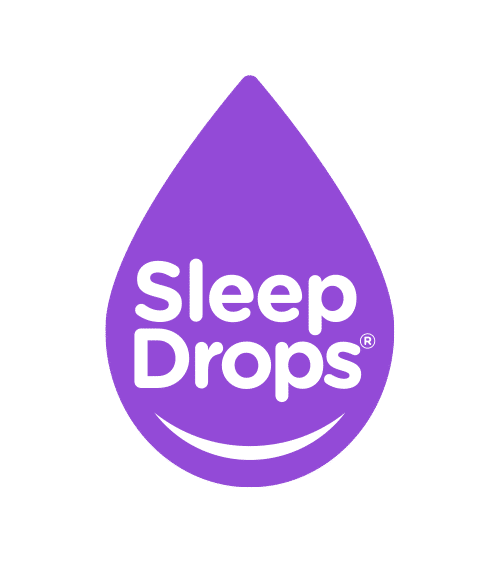- If you have tried everything to improve your sleep, it may be time to turn your attention to your gut.
- New research confirms that a diverse, healthy gut can help you enjoy longer, deeper sleep with less waking through the night.
- This blog explores how improving your gut health can improve your sleep.
There are often many obvious reasons we can’t sleep. We may feel stressed or anxious about something and lie awake tossing and turning as our brain goes into overdrive. We may also have spent the day fuelling up on caffeine or binge-watching Netflix late into the night, interfering with the production of our sleep hormone Melatonin. But what if you feel like you are doing all you can to try to improve your sleep but are still being tortured by sleep deprivation? The latest research shows it may be time to turn your attention to your gut.
What is a Healthy Gut?
When you think of the gut you may just think of your stomach but the gut is actually one single long tube that extends from your mouth to your stomach, intestines and on to your anus. Its primary role is to digest, extract and absorb the nutrients in our food and eliminate any waste matter.
A healthy gut is determined by two factors, a strong robust gut lining that absorbs the nutrients in our food and a well-balanced microbiome containing a diverse mix of around 1000 different types of good and bad bacteria. Think of our ‘microbiome’ as a garden that should include more plants (good bacteria) than weeds (bad bacteria). The bad bacteria are responsible for some of the symptoms we feel when we have poor gut health like bloating or pain. We may also experience more cravings for sweet foods as our bad bacteria feed off sugar. Our good bacteria feed off the fibre found in plants such as fruits, vegetables and legumes which is why it’s important to eat a diverse range of fibre-rich plants every week for a healthy gut.
The health of our microbiome is determined by our genetics, environment, stress levels, diet, physical activity, and personal background such as our exposure to toxins, viruses or parasites. In fact the composition of our good and bad bacteria changes on a daily basis depending on how much sleep we have had, the food and beverages we consume, our level of stress or how active we are and our physical and emotional health. This is good news is we have the power to build a healthy gut with a few smarter choices!
Signs & Symptoms of Poor Gut Health
- Uncomfortable bloating after meals
- Ongoing stomach pain
- Regular constipation or diarrhoea
- Low energy levels
- Poor immune health
- Waking through the night or waking feeling unrefreshed
- Unexplained changes in weight
- Skin Irritation
How Gut Health Impacts Sleep
Ongoing gastroenterology research is showing that there is a connection between our gut microbiome and the circadian rhythm controlling our sleep patterns.1 Specifically, the latest research has demonstrated that people with a diverse healthy microbiome are more likely to enjoy longer, deeper sleep with less waking through the night.2 A healthy microbiome ensures we are getting the most out of our diet with efficient digestion (breaking down our food) meaning our gut can then utilise available nutrients to produce key hormones and neurotransmitters our body and brain need to sleep and function at our best.
This includes the key hormones we need for a healthy circadian rhythm controlling our sleep:
- Serotonin, Dopamine, and Gamma-aminobutyric acid (GABA) – Classified as neurotransmitters, this special group of hormones work together to regulate our mood and help us feel calm, happy and relaxed so we get to sleep and stay asleep through the night. Along with healthy sleep-wake patterns, these hormones help balance our mood and boost our mental health, optimise our energy levels, metabolism and overall wellbeing.
- Melatonin – Known as our sleep hormone melatonin is mainly produced in the intestines and works with additional melatonin produced by the brain to signal to the body its time to sleep. A healthy gut helps to absorb any magnesium in our food which works with Melatonin to enable us to stay asleep and reach the deep restorative stages of sleep we need to look, feel and function at our best. These deep sleep stages are where our brain and body repair, reset and recharge for the day, as well as moving our short term memories into our long term memory, essential for learning.
Research has also shown that reaching the deep stages of sleep is also important for a healthy gut as this is the time our microbiome weeds out our bad bacteria and cultivates our good bacteria. This explains why sleep and gut health has a bidirectional relationship. E.g. poor gut health causes poor quality sleep just as poor quality sleep causes poor gut health – it’s a vicious cycle! To learn how you can improve your gut health and sleep better read our next blog for some easy to implement strategies.
If you think that poor gut health may be contributing to your lack of sleep, our Naturopathic doctor can provide a full gut health and sleep assessment. Call 0800 435 888 to find out more or book online today here.
The SleepDrops Research Team
References:
- https://www.ncbi.nlm.nih.gov/pmc/articles/PMC6290721/
- https://www.ncbi.nlm.nih.gov/pmc/articles/PMC6779243/


